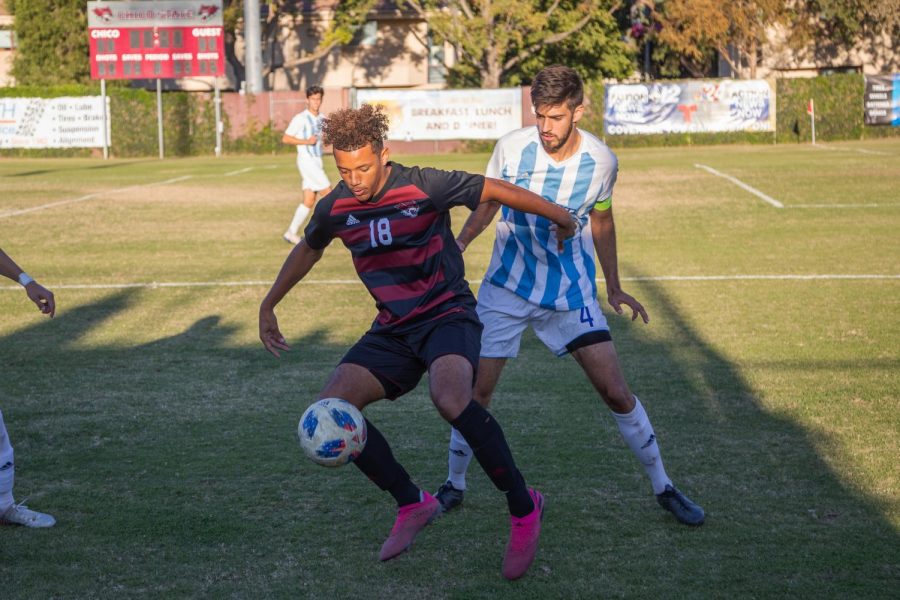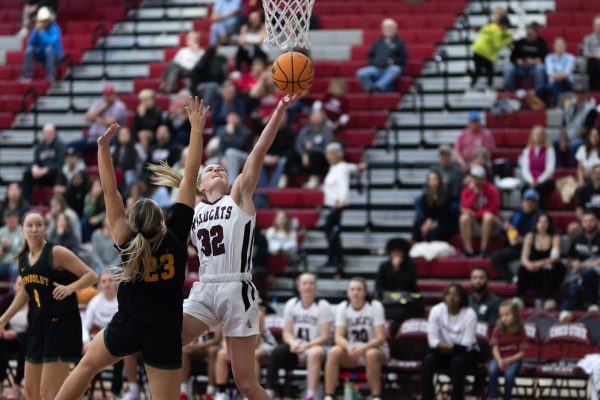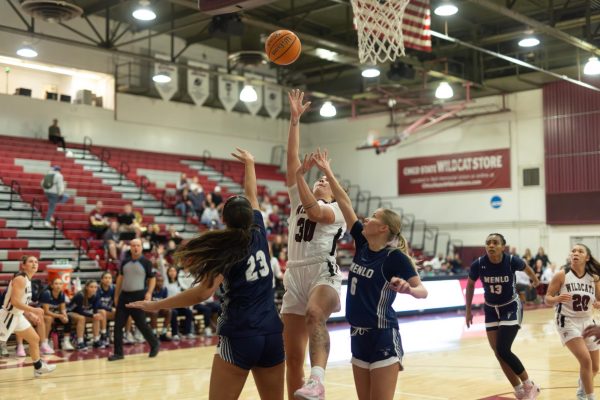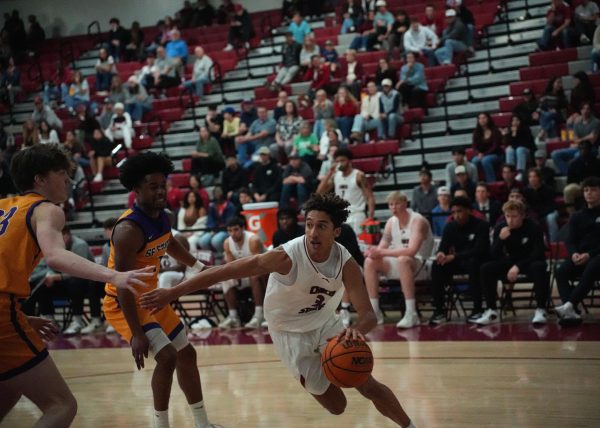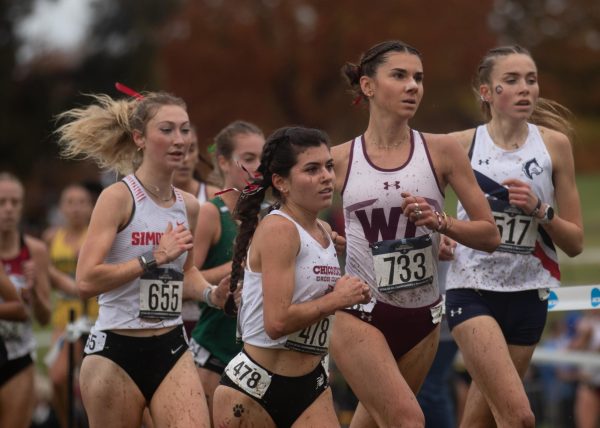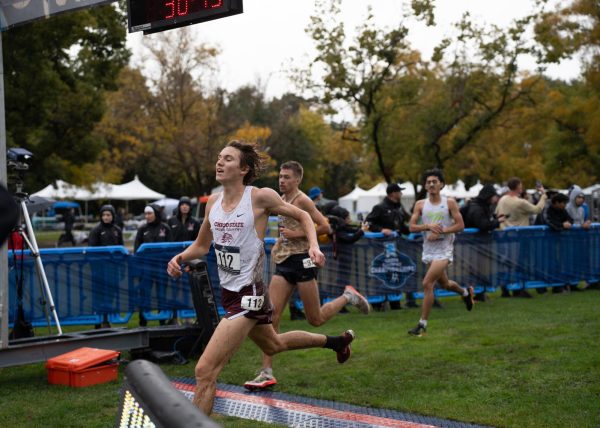Chico State athletes have mixed feelings about paying student athletes
Ryan McCasland/Chico State Sports Information.
Chico State mens soccer player Noah Ross controls the ball on the field.
Over these past couple years, the United States has passed a few laws opening the door for athletes to sign name, imaging and licensing agreements. California, specifically, introduced the Fair Pay to Play act a couple years back, and it was the first time athletes could make money off of their name. Steps are being taken to expand on these laws and allow more ways for athletes to make money. Some athletes here in Chico have given their thoughts about paying college athletes.
Chico State soccer player Noah Ross said that he would support athletes who make money off of their name and likeness, as well as ticket sales for more big name athletes.
“In a case where you have someone like Zion Williamson that goes to your college that would already have a big fan base,” Ross said, “I think ticket revenue and stuff like that should come into factor.”
Some people have said that personal or group licensing agreements haven’t gone far enough to pay athletes, and that the schools should pay their athletes a salary as well. A CNBC survey found that about 53% of college athletes believe they should be paid.
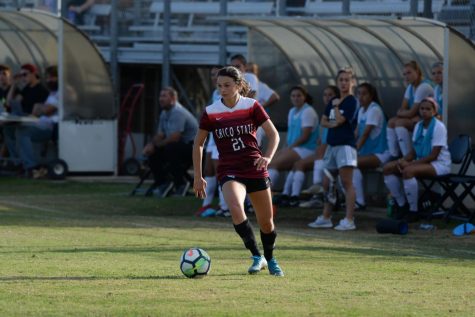
Others feel that college athletes are adequately compensated in the form of free college tuition. Camille Lidster, a member of the Chico State women’s soccer team, pointed out that athletes receive varying levels of scholarships as a reason for not paying student athletes a salary.
“We do get scholarships, and some people are on full rides, and some people are on a different amount,” Lidster said. “But I think no because if you get a scholarship, that means school is paid for already.”
Others like soccer player Mackenzie Gill pointed out that it might be difficult for some schools to afford paying student athletes a salary, while also including scholarship money.
“For us, at least, there’s not even enough money to give everybody a scholarship,” Gill said. “We should worry about that before we’re trying to give out money to everybody.”
This brings up the point that not all colleges are equal, at least in terms of the size of their athletic program. This could give larger college sporting programs an advantage over smaller schools, due to the gap in their funding of athletics.
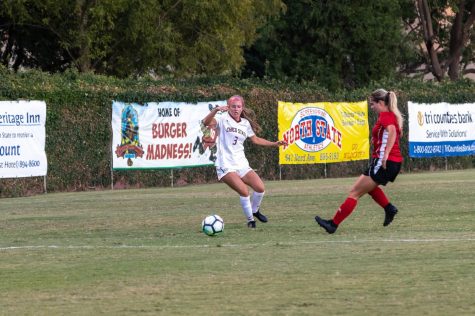
Additionally, schools below Division 1, and even some Division 1 schools, may not be able to afford paying college athletes at all. Ross discussed how each school’s athletics programs are budgeted differently.
“I think it will come down to it varying by school,” Ross said. “I don’t know how some schools who don’t have much funding would be able to compensate athletes according to the same sense as the Division 1 school who has more funding.”
An early example of how licensing agreements will come into play is the return of the NCAA football video games. After making its 2014 edition, it looked like EA Sports had finished making its final NCAA football video game. Thousands of former players came together in a lawsuit,claiming their image and likeness were used in the game without their consent and compensation. The NCAA made it almost impossible for athletes to sign any kind of agreement with the game.
Ever since 2014, new laws have been passed to increase the athletes ability to sign into name, imaging and licensing agreements, which would allow them to profit off their name. Arrangements like this have become popular among the fans.
Connor McPherson can be reached at [email protected] @theGOATMcphers1 on Twitter.



